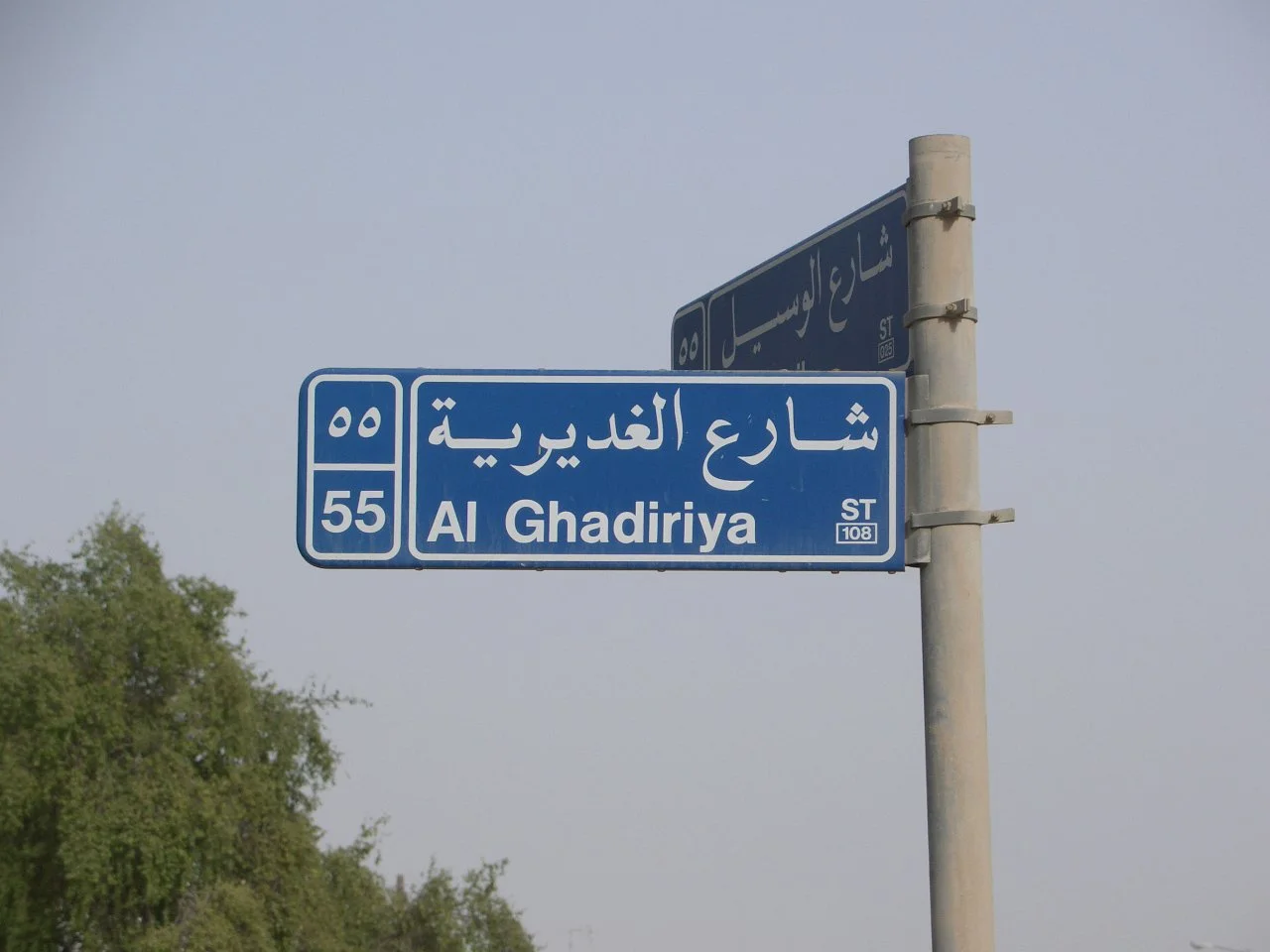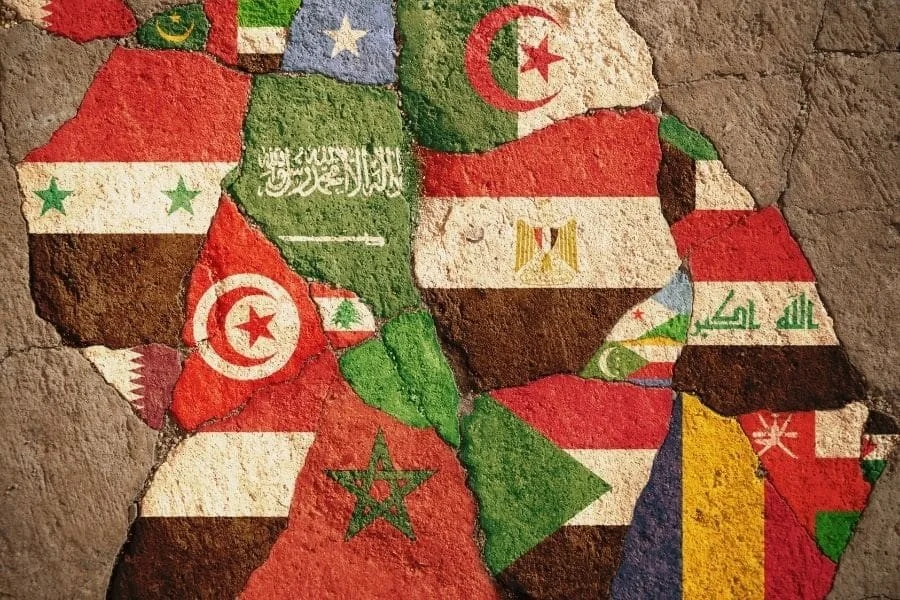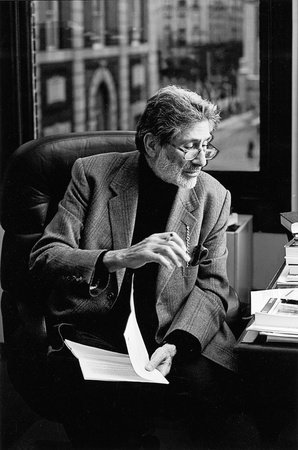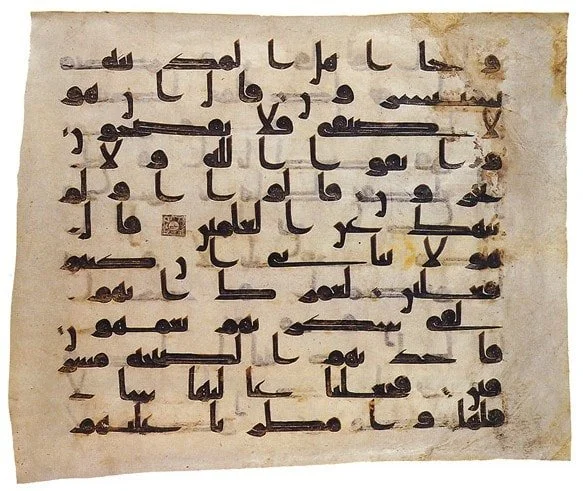By familiarizing themselves with Arabic language nuances and expressions, teachers can foster better communication and connection with their students and their families.
The Arabic language, like every other language, is important to its speakers beyond communication. Language is the lens through which we see and interpret the world. We think in a language, dream in a language and communicate our hopes and fears through language. Language is also a part of our identity, simultaneously making up who you are and connecting you to countless others in your community and across the globe. Learning a new language should only add to our identity and not take away from it. Learning a language should open more doors to us, connecting us to another language community and not take us from our existing communities.
Arabic is not only important from a racial and cultural perspective but from a religious perspective.
-
The Qur’an, which was revealed in Arabic, is the source of all guidance. It has been perfectly preserved in Arabic for over 1,400 years. So, while the Qur’an has been translated into many languages, none are considered the word of God but interpretations of the meaning of the Qur’an. The Prophet Muhammad (peace and blessings of Allah be upon him) spoke Arabic so the Hadith (Prophetic traditions) have also been preserved in Arabic. Translations will undoubtedly lose some of the meaning and can never fully grasp all the Qur’an teaches. Therefore, Islam cannot be separated from the Arabic language.
-
Arabic is unique in the fact that it transcends racial and cultural identity as a religious identity. Arabic is the language Muslims pray in regardless of the language they speak. The Athan (Muslim call to prayer) is pronounced in Arabic worldwide. Muslims all across the world read the Qur’an in Arabic, praise God in Arabic and greet in Arabic on a daily basis. So, while Arabic is part of the Arab identity, Arabic also belongs to all Muslims.
-
The Qur’an, which was revealed in Arabic, is the source of all guidance. It has been perfectly preserved in Arabic for over 1,400 years. So, while the Qur’an has been translated into many languages, none are considered the word of God but interpretations of the meaning of the Qur’an. The Prophet Muhammad (peace and blessings of Allah be upon him) spoke Arabic so the Hadith (Prophetic traditions) have also been preserved in Arabic. Translations will undoubtedly lose some of the meaning and can never fully grasp all the Qur’an teaches. Therefore, Islam cannot be separated from the Arabic language.
“I enjoy speaking the standard Arabic language because it is the original language of the Arab World and the language of Quran.”
-
You can see why the Arabic language has such a high status amongst Muslims. It is the language of our religious teachings and prayer. This is the main reason why Arabic linguists, historians, religious scholars and Islamic teachers, along with the everyday Muslim are concerned with preserving FuSHaa and dedicated to passing it on to future generations. A collective loss of the language which has happened to countless indigenous nations the world over would be a loss in the understanding of the religion. From this we can understand why Ubay Ibn Ka’b (Radiya-llahu 'an-hu), a Sahabah (companion of the Prophet Muhammad) said: "Learn Arabic just as you learn to memorize the Qur'aan."
“The local population in Qatar, as in other Arab countries, view the mother tongue, Arabic, as a source of great pride and a symbol of individual, social and cultural identity…” (Mustafawi and Shaaban, 2018).
The most important thing for all educators to keep in mind is that while we are tasked with the job of teaching EB’s English, we must have a moral commitment to never shame or isolate our learners because of their language and literacy backgrounds. “Language is the glue of communities” (Dr. Botelho), and we must actively try to keep that glue strong and our learners connected to all of their communities. While our job may be to teach English, we should be cautious never to show preference and reverence for English over other languages by undervaluing, ignoring or dismissing our learners’ experiences and home languages. We must be committed to add English without subtracting Arabic.









